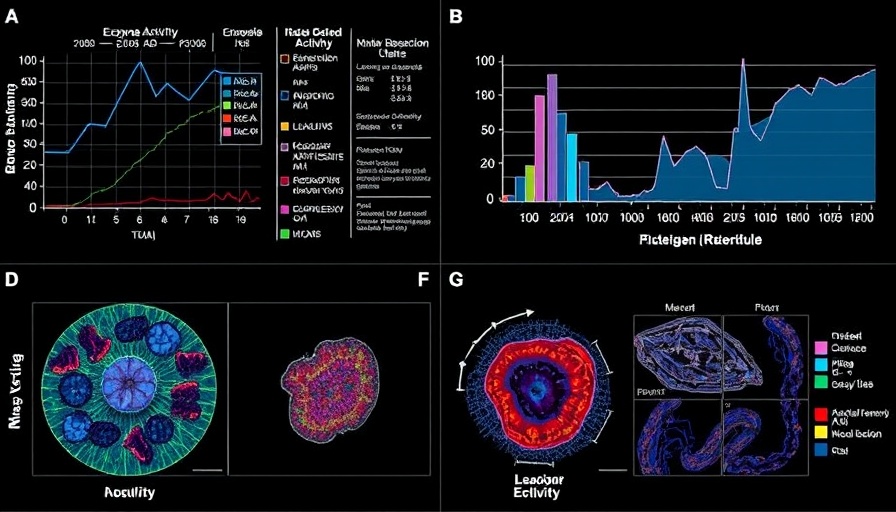
Cellular Health and the Role of Mitophagy
Have you ever pondered how our cells manage to keep themselves in tip-top shape amid the wear and tear of daily life? If you haven't, it's about time you started! The fascinating world of cellular health is crucial to how well our bodies function and how effectively we can stave off disease—and the spotlight here is on a process called mitophagy.
Mitophagy is essentially the cellular clean-up crew, responsible for removing damaged mitochondria, the energy powerhouse of our cells. Researchers recently shed light on how this process works, particularly focusing on the TTK protein that appears to regulate mitophagy through mechanisms like ULK1 phosphorylation and pre-mRNA splicing. But why does this matter? Well, damaged mitochondria can lead to cellular dysfunction and, ultimately, cancer, particularly bladder cancer. By promoting mitophagy, we might not only combat cancer but enhance our own cellular health, contributing to long-term wellness and longevity.
Understanding the Mitophagy Mechanism
The TTK protein's ability to control ULK1 phosphorylation is a point of interest in current aging research. ULK1 is a kinase that plays a pivotal role in initiating autophagy—the process through which our cells digest themselves to remove damaged parts. When properly regulated, mitophagy can prevent mitochondrial apoptosis, which is particularly important in cancer therapies.
The mistake unearthed in the recent correction of the study didn't just result in a simple graphical error; it opened several avenues for discussion regarding the reliability of scientific research and the importance of transparency in data presentation. Understanding these complexities helps us appreciate the intricacies of cellular mechanisms in health and aging.
The Importance of Healthy Aging
Why should you care about foundational cellular processes like mitophagy? The answer is simple yet profound: optimizing these cellular processes can significantly impact your healthspan—the period of life spent in good health. With significant advancements in science-backed health insights, leveraging strategies that promote greater cellular health can augment longevity. This isn't just pie-in-the-sky thinking; it's based on real research.
From adjusting your diet to include antioxidants to embracing biohacking techniques that stimulate mitophagy, there is much you can do today not just to add years to your life but life to your years.
Practical Biohacking Tips for Longevity
So how can you incorporate the lessons from mitophagy into your own life? Here are some practical tips:
- Adopt a Plant-Based Diet: Increasing your intake of fruits and vegetables boosts antioxidants that help neutralize cellular damage.
- Intermittent Fasting: This can encourage cellular repair and enhance mitophagy processes.
- Regular Exercise: Physical activity has proven to stimulate mitochondrial biogenesis, essentially invigorating your cells.
- Supplements for Longevity: Research suggests that certain supplements, like coenzyme Q10, might support mitochondrial function.
Biohacking isn't just for tech enthusiasts; it's a lifestyle change that can lead to optimized wellness, healthspan maximization, and overall disease prevention.
Get Involved in Aging Research
If you're intrigued by the potential of cellular health optimization and its role in longevity, why not dive deeper? Engaging with ongoing studies or even participating in clinical trials could help shape the future of aging research. Your experience can contribute to advancing this vital field!
With the right information and the drive to improve your health, the science of aging can work in your favor. So, whether it's a superfood smoothie or a weekend hike, every action counts towards a healthier life. Let's embrace this knowledge and take strides towards longevity together!
 Add Row
Add Row  Add
Add 




Write A Comment